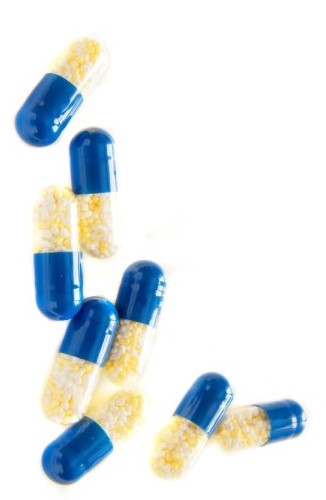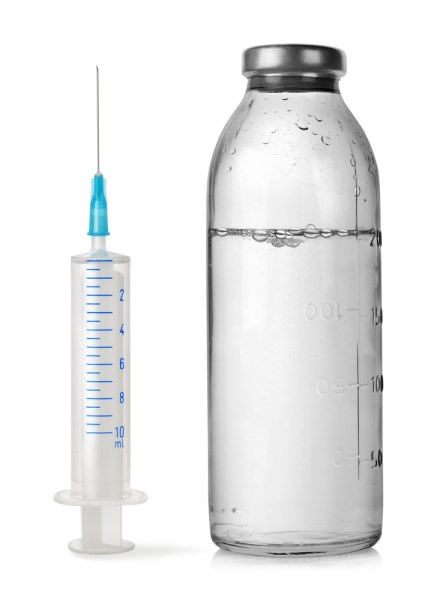PRINTED IN TCI WEEKLY NEWS
December 15th, 2012
 In this final article looking on drugs used during dental procedures I want to look at the area of anti-anxiety medication and sedation. These drugs are not used routinely due to their serious nature, the potential risks and/ or side effects, and the potential for interaction with other prescribed medication. They should also only be used for long or complex dental surgery, not for simple cleanings or fillings.
In this final article looking on drugs used during dental procedures I want to look at the area of anti-anxiety medication and sedation. These drugs are not used routinely due to their serious nature, the potential risks and/ or side effects, and the potential for interaction with other prescribed medication. They should also only be used for long or complex dental surgery, not for simple cleanings or fillings.
The vast majority of my patients are happily treated with the use of a local anesthetic which is effective for even complex and lengthy surgery and if required can be ‘topped-up’ during the course of the procedure. However, some patients suffer with genuine anxiety and request help in order to be able to have treatment. This is where anti-anxiety drugs or a mild- moderate sedation might be helpful.
It is important to underline that these drugs should be used with caution and only when strict safety protocols are followed by fully trained staff. The patient’s full medical history should be taken to ensure that any potential for negative drug interactions or allergic reactions is minimized. As with any drug, the benefit should be proven to outweigh the risk. In most cases experience has taught me that a calm and relaxed atmosphere, time to listen to the patient and a clear explanation of the procedures and what to expect, are enough to help the patient manage their anxieties.
Oral Sedation/ Anti-Anxiety Medication
An example of this would be diazepam (‘Valium’). This tablet would be prescribed by the dentist to be taken the evening before treatment and then a second around 30mins before treatment commences. The amount prescribed should be sufficient to induce a relaxed state in the patient whilst remaining fully conscious and alert enough to respond to verbal instructions. These drugs can cause some amnesia and the patient may not remember clearly what is said around the time of taking the medication. It is important that the patient is accompanied even for the lowest level of sedation and should not drive themselves. Whilst taking 1 or 2 benzodiazapine tablets would not lead to addiction problems, these drugs are known to be highly addictive.
Inhalation Sedation
As an alternative to oral sedation a dentist might use a gas called nitrous oxide. This is administered via a nose mask whilst in the chair and the treatment is carried out. The dosage should be only enough to cause a relaxed state in the patient whilst still being able to respond to verbal instructions. It is essential that the equipment supplying the gas is fitted properly to ensure that the waste gas is vented safely to the outside of the building otherwise there is a risk that the treating dentist and nurse will be inhaling the gas. This is generally considered a rather old-fashioned method of sedation and some patients do not like the feel of the mask on their face. However, it is considered safe as long as the dentist and staff involved in its administration are qualified in its use and the mandatory emergency treatment equipment is available.
Intravenous Sedation
Intravenous sedation is used to achieve ‘moderate sedation’ in dental care. Moderate sedation can be achieved using the same type of drugs as the oral sedation but in a form that is injected into the blood stream. This is the most ‘serious’ form of sedation and requires stringent measures to be taken to ensure it is performed correctly and safely. This should be carried out with one dentist performing the work and a second person, a qualified anesthetist or doctor, present solely to be responsible for the administration and monitoring of the anesthetic. Even with intravenous sedation in the office environment the patient should still be able to communicate and respond verbally.
As with the inhalation sedation, emergency treatment equipment, such as oxygen gas, adrenalin, a defibrillator and the antidote to the drug used, should be immediately available.